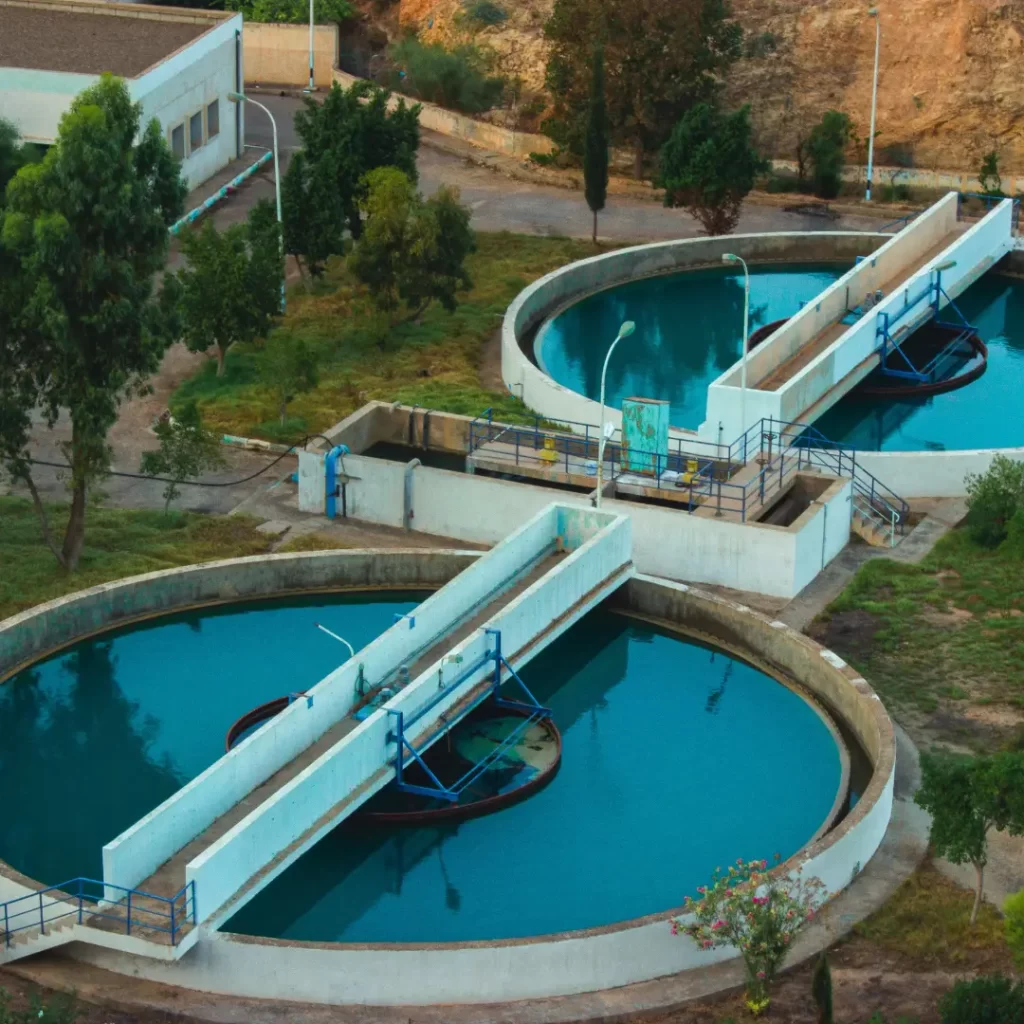Why sewage treatment is necessary?
Why is Sewage Treatment Necessary?
Sewage treatment is essential for reducing pollutants in wastewater to levels that the environment can safely handle. Without effective treatment, contaminants from sewage could overwhelm natural water systems, causing significant harm to ecosystems and public health.
What is Sewage?
Sewage is essentially “used” water—wastewater from sinks, showers, bathtubs, toilets, washing machines, and dishwashers. While nature can manage limited amounts of pollution, it cannot keep up with the vast amount of sewage generated by modern society. This is where sewage treatment plants play a critical role.
How Sewage Treatment Works
Modern sewage treatment solutions operate in stages, each designed to remove specific contaminants:
- Primary Treatment: This initial stage removes about 60% of suspended solids from sewage. Large particles and solid waste are filtered out, making the water less harmful to the environment.
- Secondary Treatment: During this stage, more than 90% of suspended solids and organic materials are removed. This treatment uses biological processes to break down pollutants, resulting in cleaner, safer water.
- Final Discharge: After treatment, the now-cleaned effluent is discharged back into the environment, where it undergoes natural processes for additional purification.
Why is Sewage Treatment Important?
- Protects Water Quality: By filtering out harmful chemicals, bacteria, and waste, treatment plants help protect rivers, lakes, and oceans, ensuring clean water sources.
- Safeguards Public Health: Untreated sewage can carry disease-causing pathogens, posing a risk to communities. Proper sewage treatment minimizes these health hazards.
- Reduces Environmental Impact: Effective sewage treatment reduces nutrient pollution (like nitrogen and phosphorus), which can cause harmful algae blooms that damage aquatic ecosystems.
- Supports Sustainable Growth: Efficient sewage treatment infrastructure allows urban areas to grow sustainably by managing wastewater without overwhelming local water resources.
In conclusion, sewage treatment is vital for maintaining clean water, protecting ecosystems, and ensuring public health. Through primary and secondary treatments, sewage treatment plants reduce pollutants to levels that nature can safely process, making them essential for a sustainable future.
About Unistar Aquatech Private Limited:
Unistar Aquatech Private Limited, located in Ghaziabad, Uttar Pradesh, is a leading manufacturer of Sewage Treatment Plants. Renowned for our exceptional quality and client satisfaction, we specialize in Commercial RO Plant and Industrial RO Plant, Sewage Treatment Plant, Water Softener Plant, and Effluent Treatment Plant. Our standout feature is our 24/7 customer support, ensuring you always have assistance when needed. For inquiries or support, call us at +91-9811701883, +91-8588881234 or email india@unistaraquatech.com
Enquire Now
Recent Posts
- What is Wet and Dry Waste?
- Top 10 Water Treatment Plant Manufacturers in India
- What Is an Industrial RO Plant And How Does It Work?
- LPH in RO Water Purifier
- What is Activated Sludge Process?
- Normal TDS Level in Drinking Water
- Difference Between Effluent and Sewage Treatment Plants
- What is E20 Gasoline
- What is E20 Fuel? Benefits, Effects on Engines, and How Biofuel Supports India’s Growth
- What is Transmembrane Pressure (TMP)?

